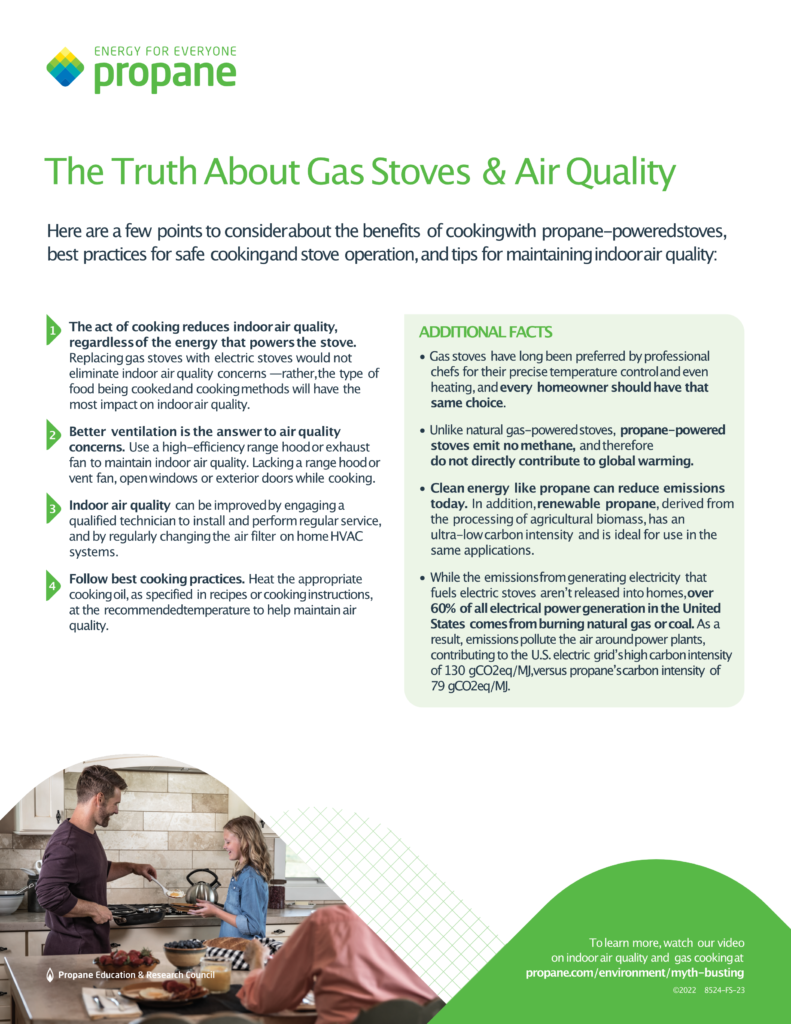Tips for Improving Indoor Air Quality

In our fast-paced lives, we often overlook the quality of the air we breathe indoors. However, poor indoor air quality can have a significant impact on our health and well-being. Fortunately, there are practical steps we can take to improve the air quality in our homes. In this blog, we will discuss simple steps you can take to improve your home's indoor air quality immediately.
Keep Your Home Clean:
Regular cleaning is essential for maintaining good indoor air quality. Dust, allergens, and other pollutants can accumulate on surfaces, leading to respiratory problems and allergies. Dust and vacuum frequently, paying special attention to carpets, furniture and curtains, and hard-to-reach areas. Use microfiber cloths for dusting, because they capture particles more effectively than traditional materials. Wash bedding regularly to eliminate dust mites.
Proper Ventilation:
Proper ventilation is key to maintaining fresh indoor air. Open windows whenever possible to allow for natural airflow and the exchange of stale air, especially while cleaning. Additionally, use exhaust fans in kitchens and bathrooms to remove moisture and pollutants created during cooking or bathing.
Control Humidity Levels:
Maintaining appropriate humidity levels in your home is vital for preventing mold growth and reducing the presence of allergens. Keep moisture levels in check by using dehumidifiers in areas of high humidity, such as basements or bathrooms. If the air is too dry, however, consider using humidifiers to add moisture. Aim for a humidity level between 30% and 50% for optimal comfort and air quality.
Choose Low VOC Products:
Volatile organic compounds (VOCs) are chemicals commonly found in household products, including paints, cleaning products, and furniture. These compounds can release harmful gases into the air, contributing to poor indoor air quality. Choose low VOC or VOC-free alternatives when purchasing paints, adhesives, and cleaning products. Look for eco-friendly certifications and plant-based cleaning products to ensure you're making healthier choices for your home.
Ban Smoking Indoors:
Cigarette smoke is a significant contributor to indoor air pollution. The smoke contains numerous harmful chemicals and carcinogens that can linger in the air for long periods, even after the visible smoke dissipates. Make your home a smoke-free zone to protect yourself and your family from the adverse effects of secondhand smoke.
Introduce Indoor Plants:
Plants not only add beauty to your home but can also improve indoor air quality by absorbing carbon dioxide and releasing oxygen. Certain plants, such as peace lilies, spider plants, and aloe vera, have excellent air-purifying properties. Consider adding these plants to your living spaces to help filter out pollutants and enhance air quality naturally.
Maintain HVAC Systems:
Regular maintenance of heating, ventilation, and air conditioning (HVAC) systems is crucial for ensuring optimal performance and air quality. Clean or replace filters according to the manufacturer's recommendations to prevent the buildup of dust, pollen, and other allergens. Additionally, schedule professional inspections to detect and address any issues that may affect air circulation or contribute to poor indoor air quality.
Consider Switching to Propane:
Propane, a versatile and clean-burning fuel, offers numerous benefits when it comes to improving indoor air quality. Propane appliances, such as stoves, water heaters, and furnaces, produce fewer emissions compared to their traditional counterparts. This reduction in harmful pollutants contributes to a healthier indoor environment.
Propane heating systems offer several advantages over other heating systems that positively impact indoor air quality. Because propane furnaces provide a more consistent heat distribution, they minimize stagnant air pockets. Propane systems are high-efficiency which means they reduce the production of harmful byproducts like carbon monoxide and nitrogen dioxide. By investing in propane heating, homeowners can enjoy a comfortable living space while minimizing the risk of exposure to pollutants.
Improving indoor air quality can be achieved by taking simple steps around the home. By implementing these practical tips, you can significantly reduce the presence of pollutants, allergens, and harmful chemicals in the air you breathe. Keep your home clean, well-ventilated, and free from smoking to minimize exposure to indoor air pollutants. Talk to a professional about your appliances and home heating. Remember, the quality of the air we breathe directly impacts our health and well-being, so make it a priority to take these simple steps to enjoy a fresh, clean indoor environment.
